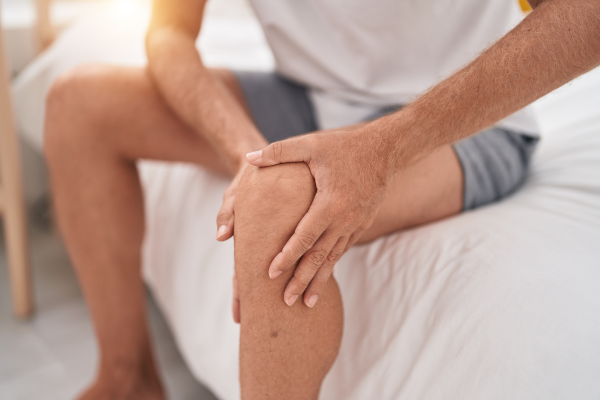From sleeping in awkward positions to spending increasing hours at work hunched over your computer or talking on the phone, there are many things that can contribute to a stiff neck and the chances are that you’ve experienced neck pain at some point in your life. Between 30% and 50% of adults experience neck pain at least once each year. Often, it’s something that goes away within a week or so, but it can still be difficult to ignore.
Nevertheless, there are certain things you can do to ease your discomfort and help relieve the tension in the muscles, tendons, and ligaments that support your neck, in order to get back to your usual activities.
What causes neck stiffness?
The most common cause of a stiff neck is a muscle strain. The muscles that help hold your head up can get strained from daily activities, for example:
Poor posture: If you regularly tilt your head to the side, for example, when you hold a phone between your head and shoulder, or extend your head forward, as in looking at a computer monitor.
Sleeping: Sleeping in an awkward position or using a pillow that is not supportive enough.
Mobile Phones: Excessive mobile phone use, especially when looking down for long periods of time.
Inactivity: An inactive, sedentary lifestyle , which will weaken your muscles.
There are other causes of neck pain which can develop over a period of time, involving the joints, ligaments, discs or nerves including:
- Osteoarthritis of the cervical spine
- Cervical Disc herniation
- Facet joint restrictions
- Trapped nerves which can cause pain down the arms
5 tips to reduce your risk of neck pain
In order to protect yourself from suffering a stiff and painful neck here are some tips below that you may want to try:
1. Regular Stretches
Include regular stretching and strengthening exercises to your daily routine to keep your neck healthy. Strong, flexible muscles will help maintain good posture, therefore reducing the risk of muscle strain and stiffness.
2. Change your sleep position
If neck stiffness is usually a problem you experience in the morning, then it’s likely to be related to your sleep position. Back or side sleeping tends to be better for keeping the upper spine, neck, and head aligned. A more supportive pillow will help take the strain off the muscles when asleep and a mattress that is firm enough to keep the spine in a neutral position is recommended.
3. Keep a good posture
Poor postural habits can affect every part of your spine, including your neck. Make a conscious effort to avoid situations that force your neck into unnatural positions. Your neck is also less likely to be stiff if you avoid:
- Excessive forward flexion when using mobile devices
- Sitting or standing with your head and shoulders hunched over
- Turning your head in one direction or the other for long periods while typing and glancing up at your computer screen
If most of your work is done digitally (on a computer or phone), you’ll want to make sure that you are positioned properly to avoid straining your neck and slouching forward. Working from home has become a regular occurrence for many people recently and ensuring your work station is set up correctly is vital to help prevent neck pain and something that we call ‘Laptop Syndrome’.
4. Apply an ice pack
If you do happen to strain your neck badly, applying an ice pack to your neck for 15-minute every 4 hours during the first 48 to 72 hours can help to reduce inflammation and pain. From then on, applying heat to the area, for up to 20 minutes at a time every 4-6 hours, can help promote blood flow to the area and encourage healing.
5. Anti-inflammatory drugs
NSAIDs (non-steroidal anti-inflammatory drugs) can be very beneficial. They work by blocking certain enzymes and compounds that contribute to tissue swelling. If hot and cold applications aren’t effective, try over-the-counter NSAIDs like ibuprofen. Your GP may prescribe stronger anti-inflammatory drugs if over-the-counter versions aren’t providing appropriate relief from neck stiffness. If the NSAIDs cause any adverse effects like stomach pain, then stop taking them and seek advice from your GP.
If you have tried all the above and your neck is still hurting, you may want to book an appointment with one of our osteopaths, who will be able to assess what may be causing your neck pain. Alternatively, you can call your local clinic and talk to us.





